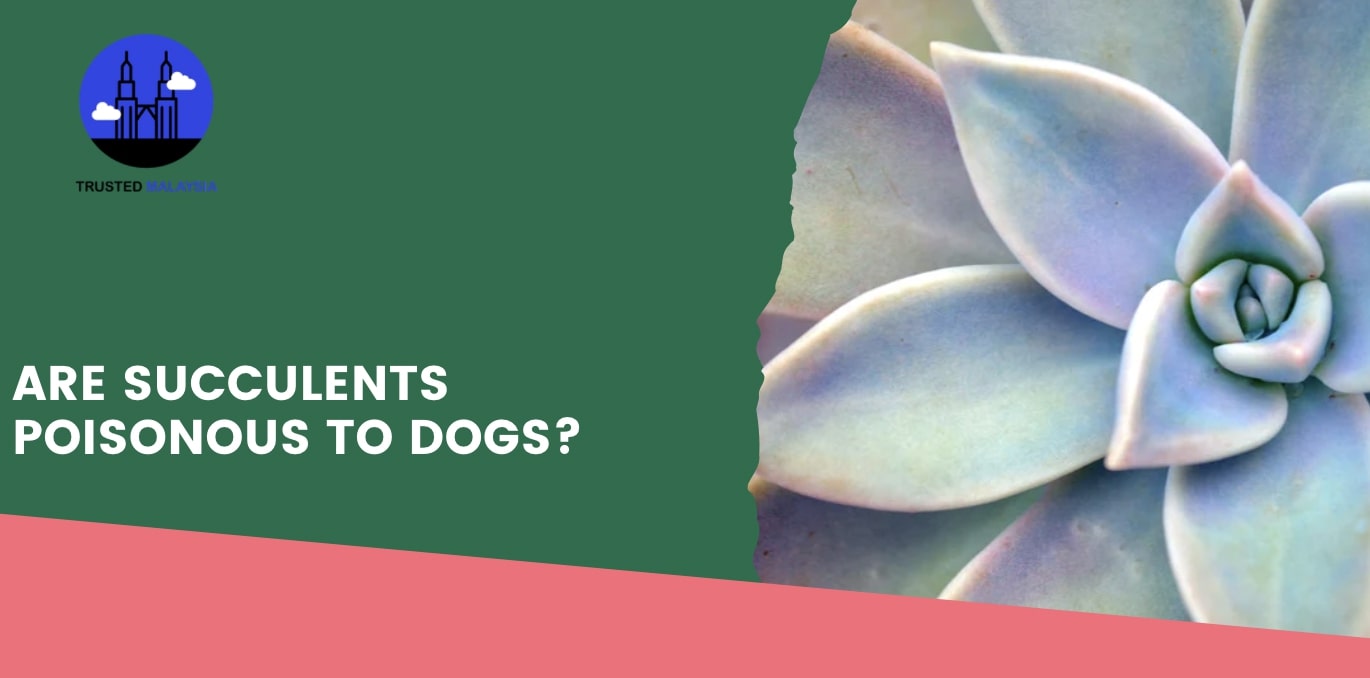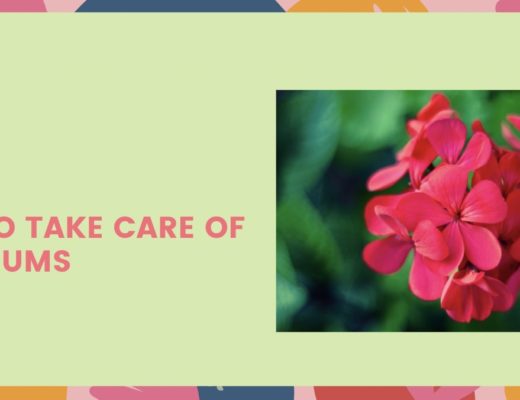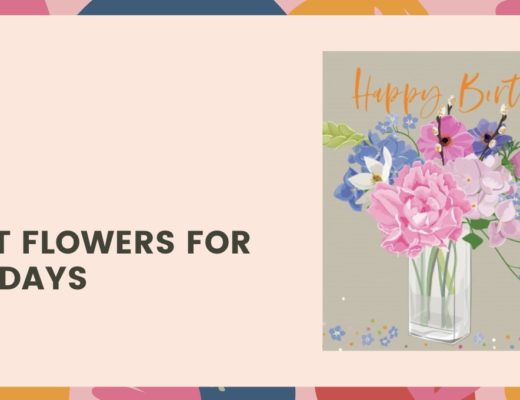Succulents are kinds of plants that store water in their leaves, stems, or both. This allows them to stay fresh and cool during long dry periods to survive.
There’s a wide variety of succulents grown, which not only includes those that are leafless and spiky like cacti but also those having thick leaves and a smooth texture.
If you’re planning to get a succulent but have a dog or cat at home, you have to be careful since some species are poisonous if ingested like snake plants and kalanchoes, among others.
Now, in this guide, we will discuss the types you should avoid, the signs that a pet has ingested a succulent, and what to do just in case your dog has eaten the plant.
Succulents to Avoid If You Have a Dog
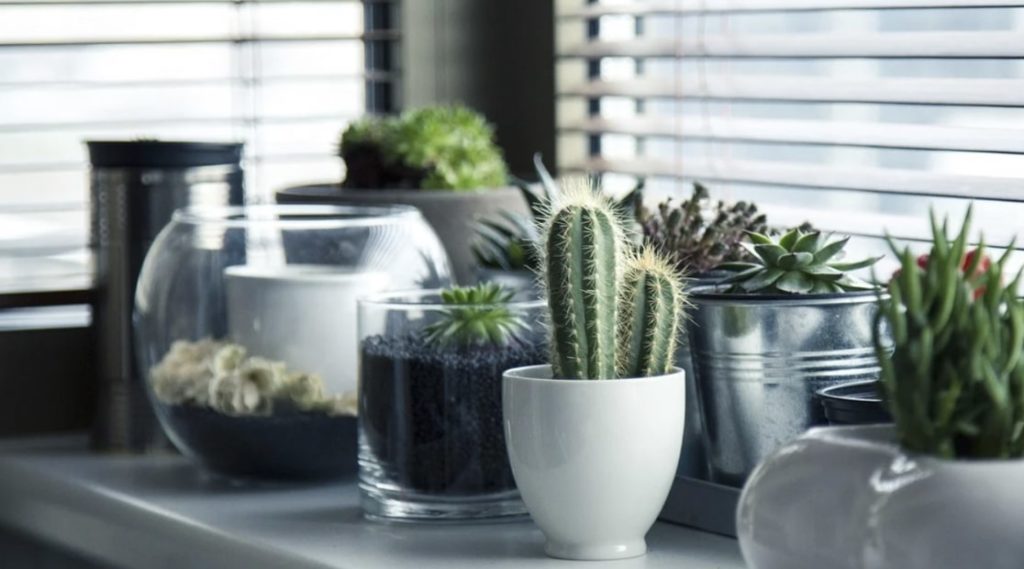
To be safe, we suggest not getting any succulent plants at all if you have a puppy or dog. This precaution removes all the worries you may have about your dog playing with or accidentally eating it.
However, if you already have one at home or would like to buy one, look up the botanical details of the succulent and ensure it’s not poisonous in any way to your pet.
Certainly do not get aloe vera, kalanchoe, jade, and euphorbia plants (a genus that includes poinsettias) because they have a harmful toxic compound within their leaves or flowers.
Signs Your Dog Has Eaten a Succulent
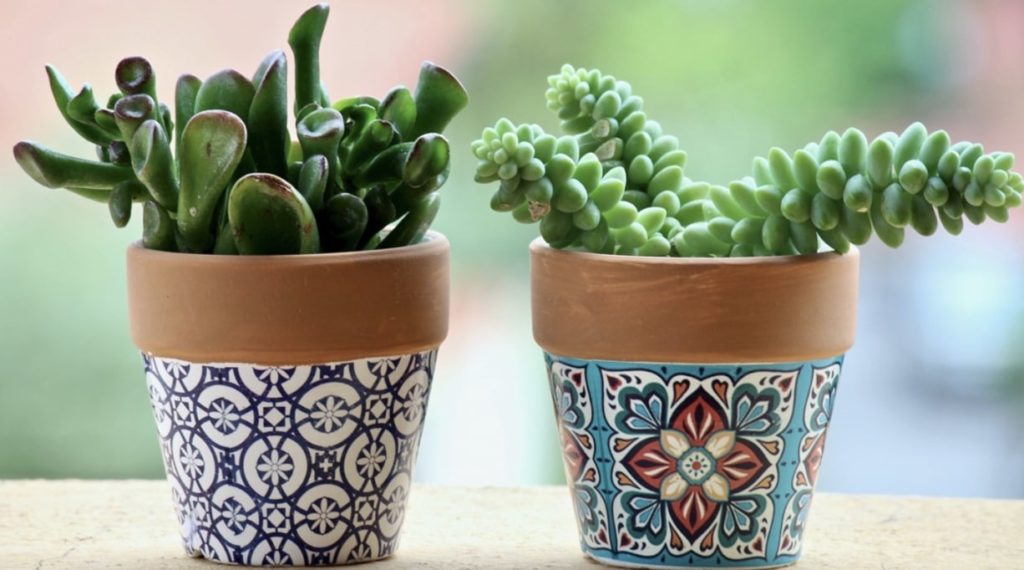
The symptoms of succulent poisoning in pets vary based on several factors, namely, the plant variety; how much of the plant is eaten; the breed, age, and the health condition of your dog.
Usually, the symptoms are mouth or stomach irritation, excess salivation, vomiting, and diarrhea. More toxic plants can even cause the pet to faint or suffer seizures.
If ignored and left untreated, the dog could die from succulent poisoning. Therefore, it’s very important to keep an eye out for your dog when they are permitted to play in the garden or an area in the house with succulents.
What to Do If They’ve Ingested the Plant

Immediately seek veterinary care or take your dog to a local pet poison control center if they are or seem to be poisoned by your succulents or your neighbor’s.
Do the same if you catch them playing with the plant, chewing its leaves, or licking or touching its sap—the earlier you act on it, the better.
At the moment, be there for your dog and attend to their needs to relieve their symptoms. You can also tell them you’re on your way to the vet and things will be all right soon or other comforting statements.

